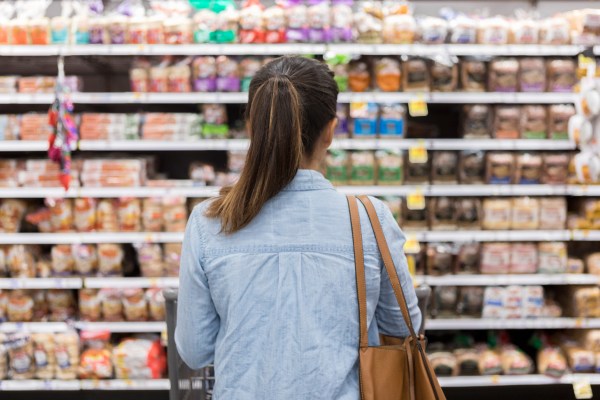Plastic bags are bad. Ban them from supermarkets, and the problem is solved, right? Right? Right? Turns out, as is often the case, there may be a little bit more to that story. Researchers at the University of Georgia suggest that banning the sale of plastic bags may come with a side-dish of unintended consequences.
The new analysis suggests that plastic bag ban policies — while well-intentioned — may end up having the opposite effect. The issue that comes up is that grocery bags are viewed as single-use items, but they often get a (brief) second lease on life as liners for small trash cans. Without the shopping bags available, people look for alternatives — which the researchers suggest means they buy small plastic garbage bags.
“We know there is a demand for using plastic bags, and we know, if these policies go into effect, some bags will disappear or will become more costly to get,” said Yu-Kai Huang, a postdoctoral researcher at the UGA Warnell School of Forestry and Natural Resources. “So, we wanted to see the effectiveness of this policy in reducing bag usage overall.”
Previous studies have looked at the effect of bag bans on plastic consumption, but not the combined effects of fees or a bag ban. An environmental economist, Huang used a new way to calculate the effect of either policy while also accounting for variables such as residents’ income levels and an area’s population density, both of which influence the amount of trash generated in a community.
Keeping in mind the second life that plastic grocery bags take on in many homes, the team measured plastic trash bag sales in counties with bans or fees in place and compared them to other counties without such policies. The study found California communities with bag policies saw sales of four-gallon trash bags increase by 55%, to 75%, and sales of eight-gallon trash bags increase 87%, to 110%. These results echo earlier studies that also showed increases in sales of smaller plastic trash bags. While sales of smaller garbage bags jumped after policies were implemented, sales of larger 13-gallon trash bags — the size often found in kitchen trash cans in the U.S. — remained more or less unchanged.
“Carryout grocery bags were substituted for similar sizes of trash bags before implementing the regulations,” the researchers wrote in the research paper. “After the regulations came into effect, consumers’ plastic bag demand switched from regulated plastic bags to unregulated bags.”
If the average plastic bags drawer is anything to go by, most households use far more single-use bags than they have a need for trash bags, so it’s probably fair to say that taxing or banning single-use plastic bags is a net positive. But I found it interesting to remind us that even the best laid plans can have unintended consequences; a truth that appears to be as true in climate policy as it is elsewhere.
